Project team
Re:Barents is co-ordinated by the Norwegian Institute for Urban and Regional Research (NIBR), at OsloMet – Oslo Metropolitan University,
with partners from
NORCE Research AS,
the Norwegian Barents Secretariat,
and the Norwegian Association of Local and Regional Authorities (KS).
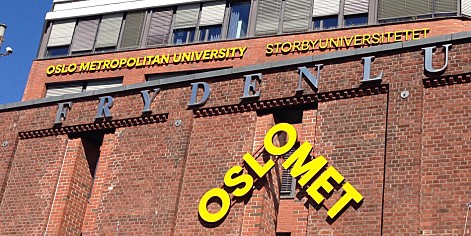
Team members
From NIBR
Aadne Aasland (project leader)
Aadne has a PhD in Russian & East European Studies and a background from around 30 years of research on social welfare, ethnopolitics and governance in Russia, Ukraine and the Baltic countries. His more recent projects in Russia include one on network governance, another on HIV/AIDS prevention, and apart from leading RE:Barents he is (among others) currently engaged in the new project «Russian policies of influence in the populist-pragmatic nexus».
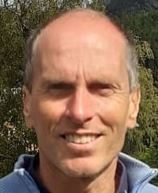
Mikkel Berg-Nordlie
Mikkel has broad experience from research on minority politics and policy, ethnopolitical cooperation and conflict, network governance between civil society representatives and state-based actors, and discourses on ethnic minorities and majorities. He has mainly worked in the Nordic states and Russia. Berg-Nordlie is currently involved in projects about indigenous urbanization and representation, as well as border-transcending cooperation in the north.
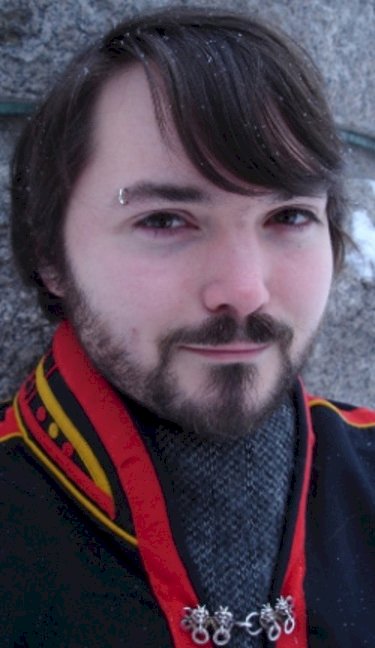
Jørn Holm-Hansen
Jørn is a political scientist whose main academic field of work is politics and public administration in Russia, Poland and other East-Central European EU states as well as the Western Balkans. Holm-Hansen is also conducting applied research, mainly evaluations of development aid and democracy support. He leads the project the project «Russian policies of influence in the populist-pragmatic nexus».
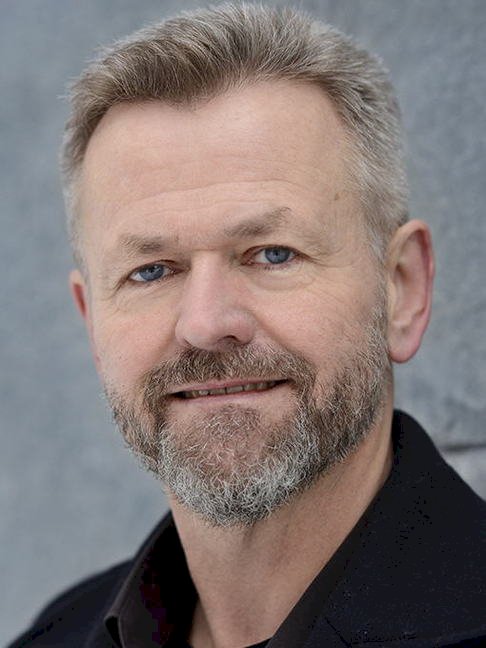
From NORCE
Vigdis Nygaard
Vigdis is a political scientist, located in Alta in the Barents region. Her research interests range from industrial development in the Arctic, indigenous livelihoods and interests, healthcare and wellbeing. Nygaard has over the last 25 years participated in several cross-border and international research projects in the Barents region, particularly studying local communities affected by resource extraction.
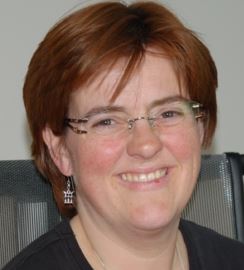
Bård Helge Kårtveit
Bård has a Phd in Social Anthropology and has worked extensively on minority-majority relations, border-conflicts, human rights and conflicts over land rights and resources in the Middle East and in Norway. As a researcher at NORCE, Kårtveit has worked on several projects focusing on indigenous rights, on conflict involving resource extraction in the Arctic, and on cross-border cooperation in the Barents region.
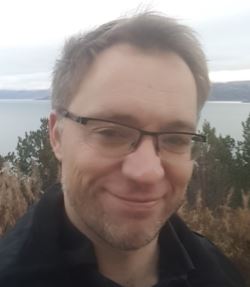
Others from OsloMet
Erika Gubrium
Erika Gubrium has a PhD in sociology and history of education, as well as a master’s in International Social Welfare and Health Policy. She is Professor of social work and social policy at the Department of Social Work, Child Welfare and Social Policy. Gubrium has led education-research collaboration projects with institutions in Beijing, Bangalore, and Moscow. She has over a decade of research expertise within the fields of international and comparative anti-poverty policy, focusing primarily on the social psychological aspects of poverty and socioeconomic precarity, temporality and immigrant labor integration processes, the intersection between social work and social policy in theory and practice and qualitative research methodology.
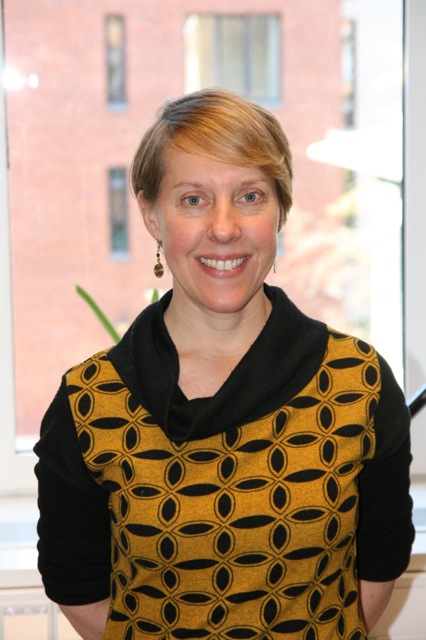
Benedikte Victoria Lindskog
Benedikte is a medical anthropologist with a PhD in Social Anthropology from the University of Oslo. She has extensive fieldwork experience from Mongolia and has done research among mobile pastoralists since 1995 on social organization, post-socialism, notions of place and space, mobility and perception of ‘nature’, and more recently on migration, health systems and maternal health. More current research projects include one on maternal health among newly arrived migrants – The MiPreg project: Closing the gaps in maternity care to migrant women in Oslo) and an Australia-based project on Mongolian medicine (Mongolian Medicine: Different Modes of Knowledge Transmission)
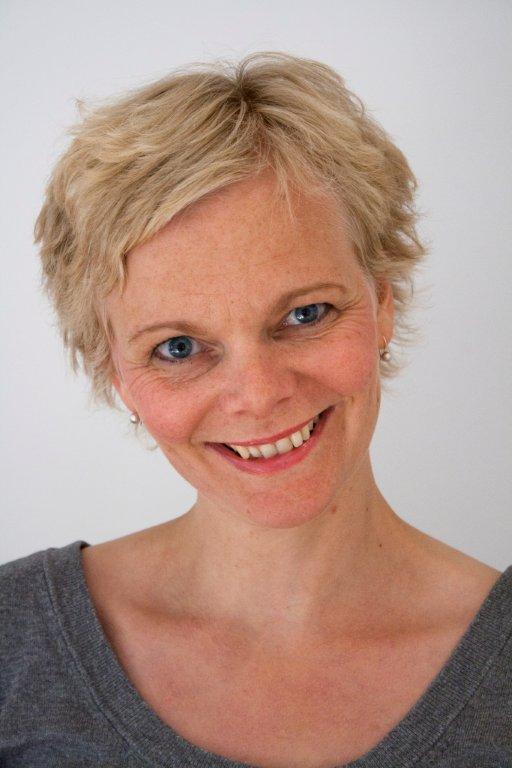
Igor Mikheev
Igor is a sociologist with a broad interest in cross-cultural interactions, interculturalism and education research. Specializing in the topic of socio-cultural integration of children from families with migratory backgrounds, he is involved in various studies related to otherness, intercultural communication and inequality.
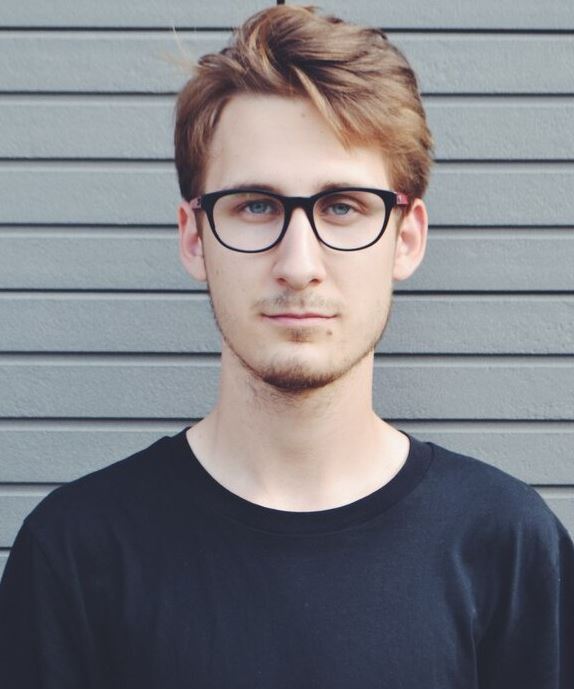
Non-academic partners
From the Barents Secretariat
Marit E. Jacobsen
Marit is deputy head of the Norwegian Barents Secretariat. She has a Master degree in Law and a minor degree in Russian language. Marit’s interest for Russia started early; at the age of 18 she was an exchange student in Moscow where she lived with a Russian family. She has been living and working in the Barents Region since 2012, first as a diplomat at the Norwegian Consulate in Murmansk and then with people-to-people cooperation projects in the Barents Secretariat.
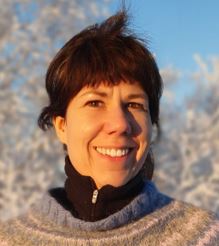
Kim Stenersen
Kim has been an adviser at the Norwegian Barents Secretariat for 12 years. Particularly in the fields of sports, but during the years she has been involved in all kinds of people-to-people related issues that’s been supported by the Secretariat. Kim is a member of the Barents program-committee linked to the Ministry of Health and Care Services.

From KS
Elita Cakule
Elita is a Head of International projects department in the Norwegian Association of Local and Regional Authorities. Elita has worked in KS since 1998 with co-operation projects concerning decentralization, local government development and capacity building, cross-border cooperation and Municipal International Cooperation in Russia, Ukraine, Belarus, Georgia, Azerbaijan, Turkey funded by Norwegian Ministry of Foreign Affairs as well as Good governance, local development, capacity and institutional building on local and regional level in EU countries funded by EEA-grants.
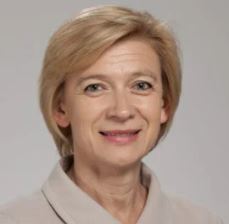
Christian Larsen
Christian has an undergraduate degree in International Relations and Philosophy from the University of St Andrews, and a postgraduate degree (MSc) in Russian and East European Studies from the University of Oxford. After shorter stints as a trainee and temporary employee at the Council of Europe in Strasbourg and the Financial Mechanism Office (FMO) in Brussels, he has worked with international projects at the Norwegian Association of Local and Regional Authorities (KS) since 2016. During this time, he has been responsible for the management Presidential Programme in Russia, as well as a multi-year local democracy project in Ukraine in cooperation with NIBR.
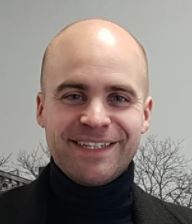
Masters students at OsloMet
Aurora Xiao Nicoline Ressler
The purpose of my master thesis is to produce knowledge about the Sami health by looking at the Norwegian-Russian-Sami health cooperation between Karasjok and Lujávri. The research questions are mainly concerned with how the health cooperation was operated and how the different parties collaborated. In addition, it also investigates the results and its effects on the Sami population on different levels such as health, social and cultural conditions.

Erika López Arteaga
Theme of Erika’s thesis: The everyday life experiences of Russian women living in Kirkenes negotiating identity, family life, work, and integration to the local community, in the current context of political tension between Russia and Western governments.
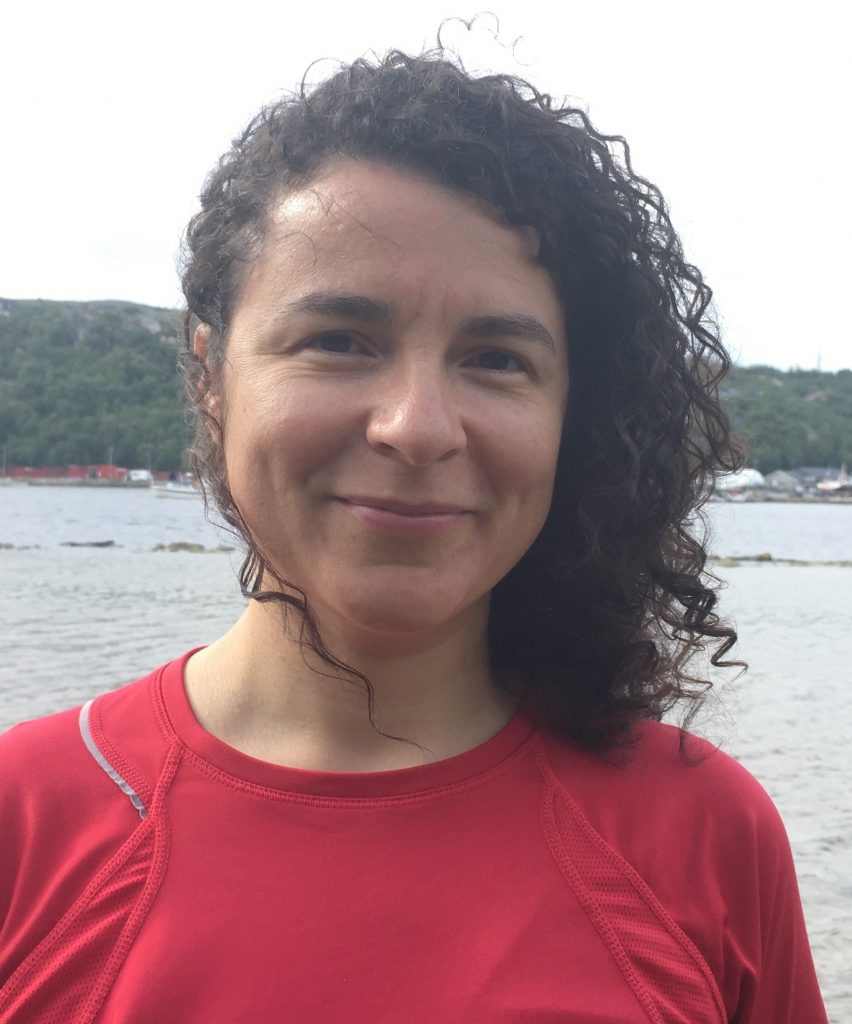
Advisory board
The project also has an Advisory Board with the following members:
Markus Karlsen, International Barents Secretariat
Arnt Uchermann, Former Health Chief of Finnmark County
Bente Knudsen Helland, Troms and Finnmark County Council
Yuri A. Sumarokov, Northern State Medical University, Arkhangelsk
